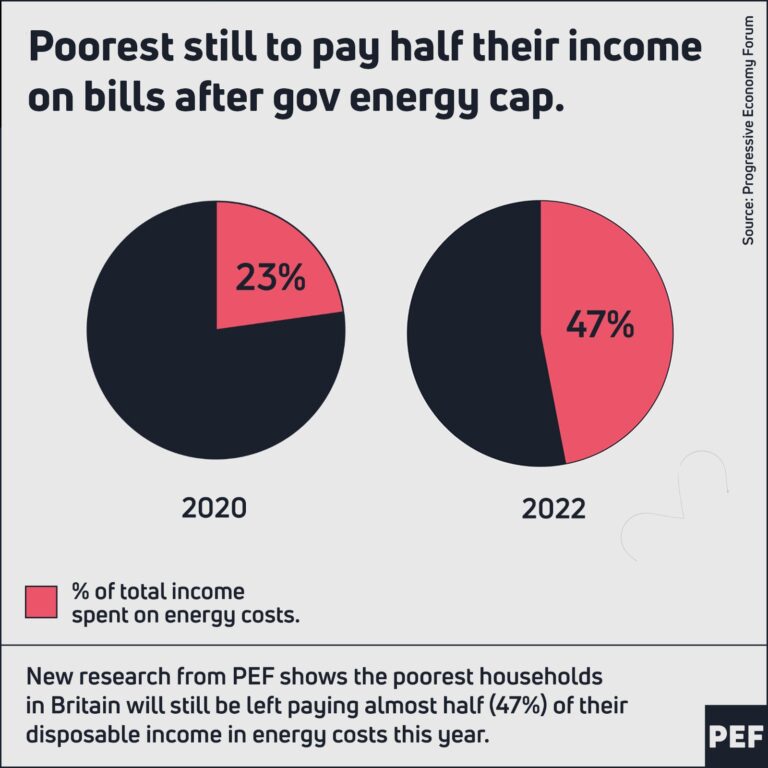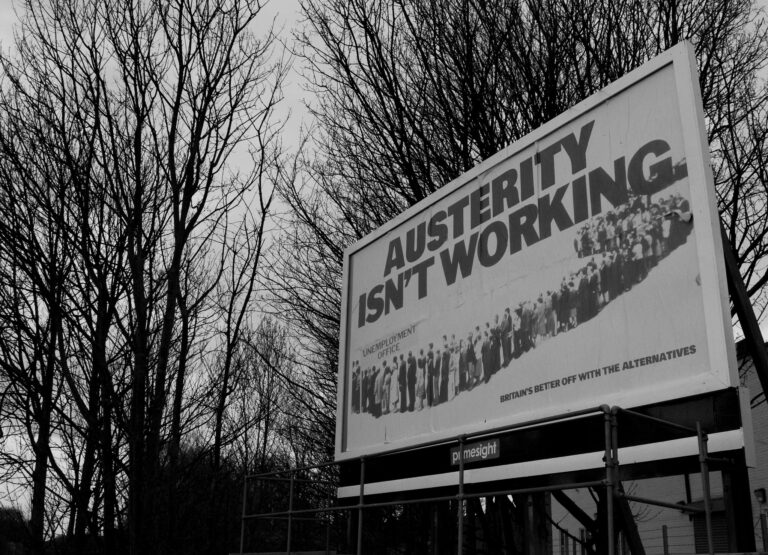Creating a progressive British economy, an economic system fit for human life, requires at the least four fundamental reforms, whose purpose would be to restrict severely the economic and political power of the infamous 1%.
First, because capitalist economies do not automatically adjust to full employment, our government must institutionalize an active countercyclical macroeconomic program. The active element in the countercyclical program would be fiscal policy, supported by an accommodating monetary policy, and, if necessary, with exchange rate management and capital regulations to stabilize the balance of payments.
Countercyclical policies, and many other sensible and humane economic measures, are dismissed as impractical because of the alleged affect they might have on “financial markets”. This personification of markets, universal in the media and appallingly common in the economics profession, is an essential part of the justification of a market economy free from the constraints of democratic oversight. This personification is applied across all types of markets, as if the market itself were an independent actor in society. In the twenty-first century it became integral to the justification of a socially dysfunctional financial system, national and global.
This personification, an ideological abstraction from the real world of speculators and financial fraud, is an essential part of the mystification of financial behavior. It facilitates the mythology that the dysfunctional financial system is not the work of men and women (mostly the former) within institutions that have socially irrational rules and norms. It promotes the disempowering argument that financial dysfunction is a manifestation of the inexorable operation of the laws of nature that no government can change. It seeks to hide that a specific financial speculators wish to coerce governments to take actions in their narrow economic interests.
While it is in the interests of financial corporations to exaggerate the power of markets, the dire warnings carry some truth. The solution to this threat to rational macroeconomic policies is to manage financial markets, not to yield to them. The manner to tame them is public control of the financial sector. In part this could be through direct nationalization, and in part by conversion of financial activities into non-profit or limited profit associations such as mutual associations and building societies. Non-profit and limited profit financial institutions have been common in Britain the past.
Third, government regulation of internal markets would be based on the principle of the International Labor Organization that “labor is not a commodity”. The purpose would be to eliminate unemployment as a form of labor discipline. The effective method to achieve this would be a universal basic income program. A properly designed universal income program would facilitate labor mobility, by reducing the extent to which people were tied to specific employers. Also, by reducing the volatility of household income, it would provide an automatic stabilizer at the base of the economy, the labor market. It would be similar to the automatic stabilizing effect of unemployment compensation, and more effective.
Fourth, and the basis for all of all others, would be the guarantee of workers’ right to organize. The program of fundamental reform of capitalism would be based on the political power of the working class, in alliance with elements of the middle classes, the fundamental progressive coalition. This is the political alliance that brought about major reforms in Britain and throughout Europe after the Second World War. An effective reform of capitalism that eliminates its economic and social outrages requires a democracy of labor and its allies in which the political power of capital is marginalized.
For one hundred years a struggle has waxed and waned to restrict, control or eliminate the ills generated by capitalism, exploitation of labor, class and ethic repression, international armed conflict, and despoiling of the environment. When a progressive majority has allied, progressives have made great strides. When the wealthy minority have successfully in created its own anti-reform and counter-revolutionary majority much is lost.








